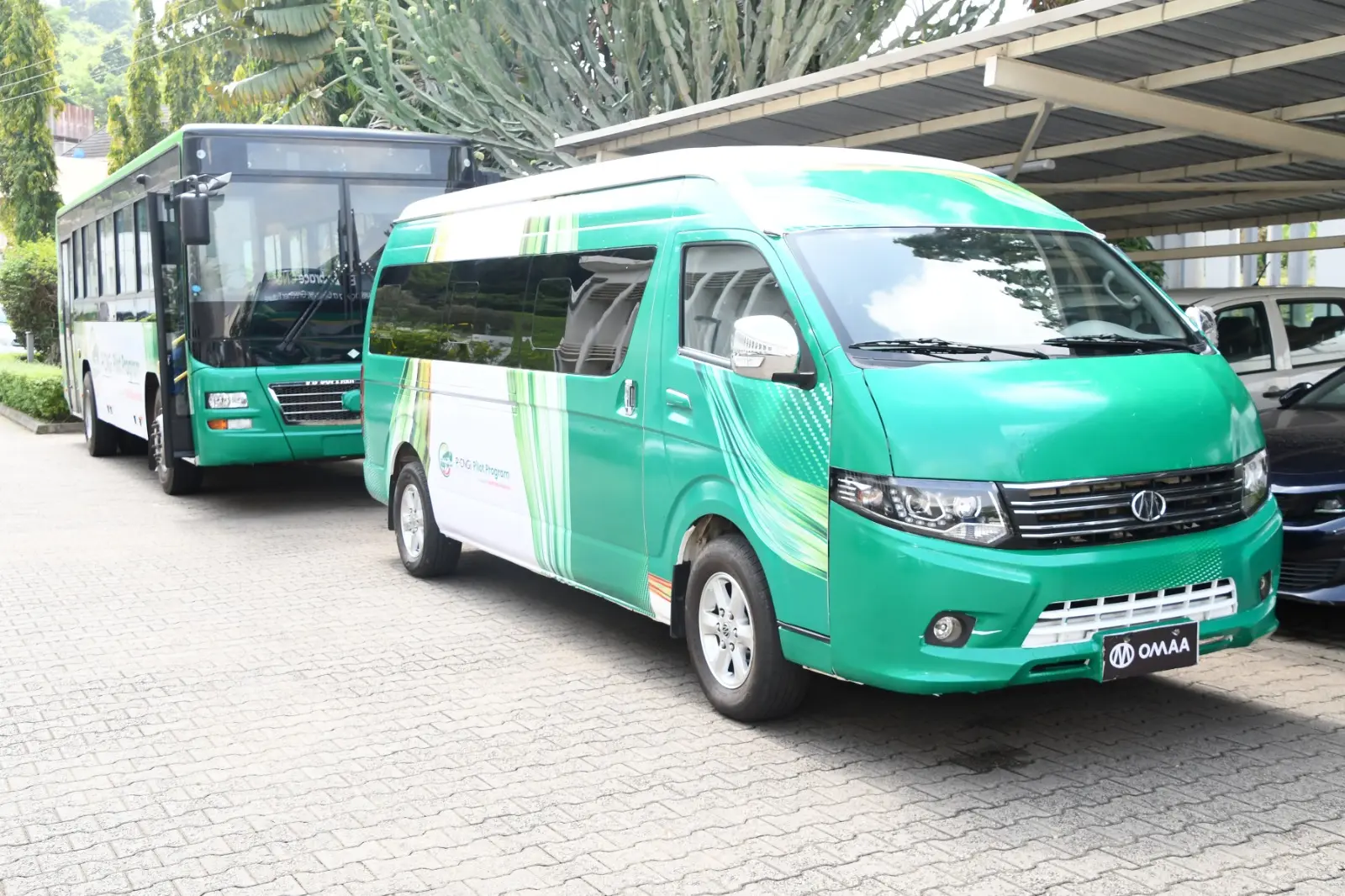In a strategic move to alleviate the economic impact of the recent petrol subsidy removal, President Tinubu’s administration has unveiled the Presidential CNG Initiative (Pi-CNG), geared towards providing compressed natural gas (CNG) for mass transit.
Launched in October 2023, the initiative aims to offer a cheaper, safer, and more environmentally friendly energy alternative.
Led by the Michael Oluwagbemi committee, the Pi-CNG initiative has already implemented significant foundational reforms to pave the way for a future dominated by CNG and Electric Vehicles (EVs).
To kickstart this transformation, the federal government has allocated N100 billion from a N500 billion palliative budget. This fund will facilitate the purchase of 5,500 CNG vehicles, including buses and tricycles, as well as 100 electric buses and over 20,000 CNG conversion kits. Moreover, the initiative will support the establishment of CNG refilling stations and electric charging stations across the nation.
Partnering with the private sector, the Pi-CNG initiative has garnered over $50 million in investments for refueling stations, conversion centers, and mother stations. President Tinubu’s approval of necessary tax and duty waivers in December 2023 has further stimulated private sector participation in the initiative.
To ensure safety and reliability, a comprehensive safety policy document outlining 80 standards and regulations for CNG conversions has been developed and approved.
The deployment of CNG buses and tricycles marks a significant shift towards achieving the President’s vision of having at least one million natural gas-propelled vehicles on Nigerian roads by 2027. This transition will gradually phase out the use of more expensive diesel and petrol, aligning with Nigeria’s commitments under the Paris Climate Accord.
Several local plants, including those owned by JET, Mikano, Mojo, and Brilliant EV, are actively involved in assembling CNG buses and electric vehicles. These efforts are expected to generate thousands of new jobs and stimulate economic growth.
With the support of key players like NIPCO, BOVAS, and NNPC Limited, the initiative is poised to establish refueling stations and conversion centers nationwide. Additionally, collaboration with 22 agency partners aims to set industry standards and ensure proper monitoring of the initiative’s progress.
In a bid to enhance accessibility and transparency, the Pi-CNG initiative will soon launch the MYCNG.NG App, which will serve as a platform for monitoring CNG conversion and refueling sites across the country.
The Tinubu administration, in partnership with the private sector, is committed to delivering 100 conversion workshops and 60 refuelling sites across 18 states by the end of the year. The involvement of various stakeholders, including transport unions and downstream sector players, underscores the collective effort towards achieving a sustainable and efficient transportation ecosystem.



